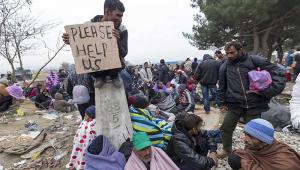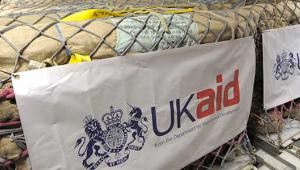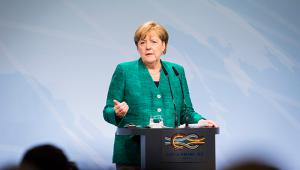Ahead of the United Nations’ July Financing for Development (FfD) conference in Addis Ababa – where governments will pledge funds to support the next set of global development targets – ONE is calling for aid to be better aligned with increased domestic revenues from developing countries’ own governments.
Eloise Todd, global policy director of ONE, said the new UN-led sustainable development goals (SDGs), which could set the roadmap to end extreme poverty, will be worth little if leaders fail to back them with an ambitious financing plan.
‘Everyone, no matter where they are born, should be able to access basic services, including health and education,’ Todd said.
‘2015 could be a game changer for the world’s most vulnerable people, but decisions taken in Addis Ababa will determine whether the opportunity is seized or squandered.
‘We won’t see an end to extreme poverty unless leaders shift focus to the poorest countries and the poorest people, especially girls and women.’
The campaign’s Putting the poorest first report, published today, showed that many donors were missing their aid targets and financial support for the least developed countries continued to fall.
Although least developed countries are increasingly home to those who live on less than $1.25 a day, they received less than a third of aid (30.3%) in 2014.
ONE claimed that had that share of aid been increased to 50% an additional $26.5bn would have been available to those who needed it the most.
In September, the new SDGs will be launched and will build on the progress achieved through the Millennium Development Goals (MDGs), which expire this year.
ONE argues that the targets of delivering basic health and education for everyone could be achieved by 2020 if both rich and poor countries increased their aid contributions.
‘The total cost of meeting this basic needs package will be $152bn for the 66 developing countries that are below their targets, including 20 developing countries with GDP per capita of more than $5,000 [purchasing power parity] that are not meeting the 10% GDP target,’ the report said.
‘Some $34.5bn of the shortfall is accounted for by 37 least developed countries.’
The group is also calling for a greater focus on girls and women to address the additional deprivation they face. It said smart investment in women would be more effective at lifting communities out of poverty.
European politicians are due to gather in Brussels next month at the G7 to discuss the financial underpinnings of the new SDGs.








